The Americans
Robert Frank
In The Americans Robert Frank (1924 – 2019) has given us his personal portrait of the United States. It is considered by many to be the greatest photobook of all time. And it has inspired many photographers after him. Recently I wrote about Matt Black’s American Geography. The book is the result of an extensive roadtrip through the United States and shows the flip side of the American Dream. Matt Black shows that too many people in the United States live in poverty. You could say that Black is indebted to Frank who paved the way for him as well as other photographers working in the documentary mode.
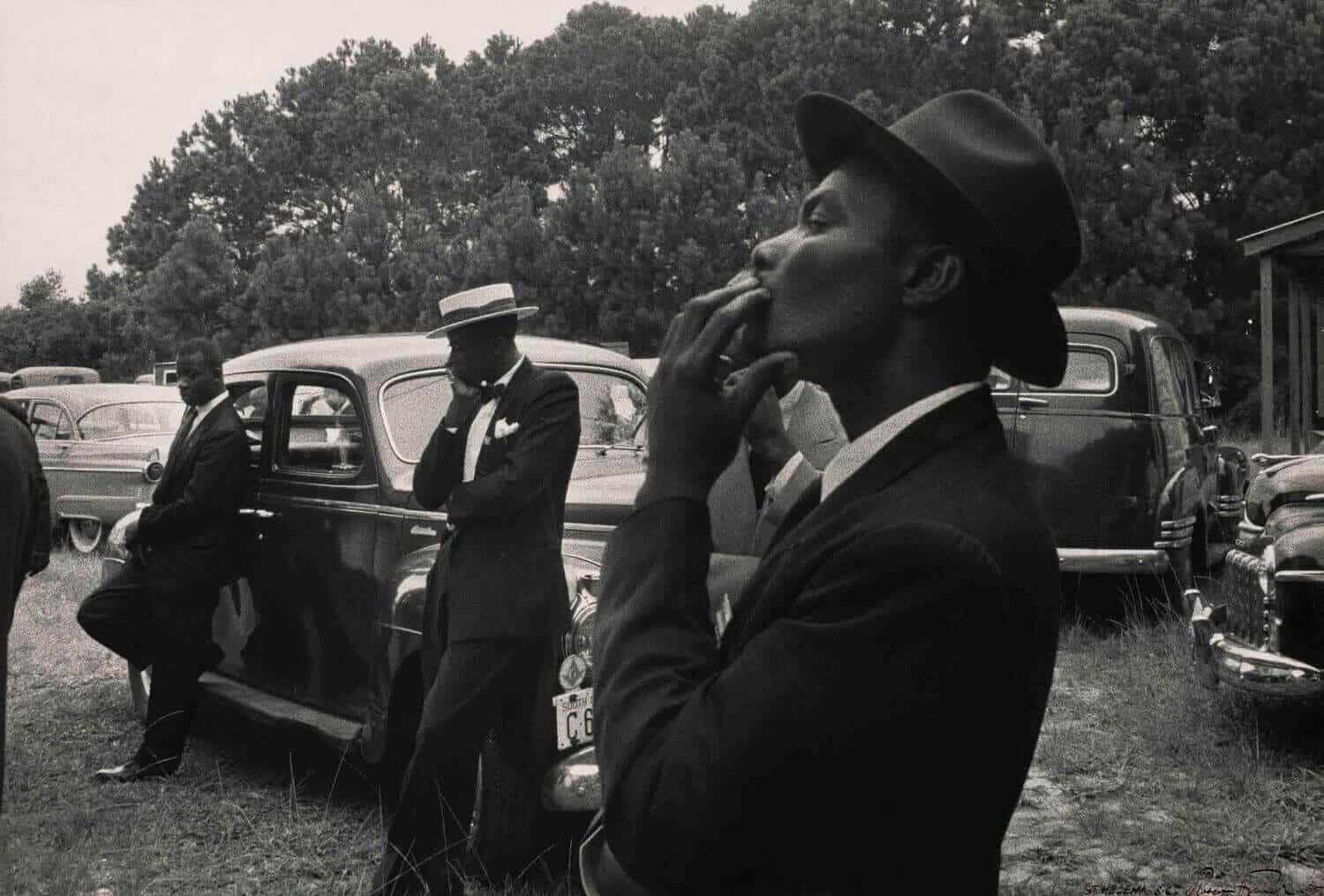
Robert Frank born in Zürich, Switzerland in 1924 emigrated in 1947 to the United States. After World War II the United States was for many Europeans the land where dreams come true. In 1955 Frank secured a Guggenheim grant that enabled him to travel across the United States and photograph all strata of its society. During his roadtrip he took 28.000 shots, 83 of these were selected by him for publication.
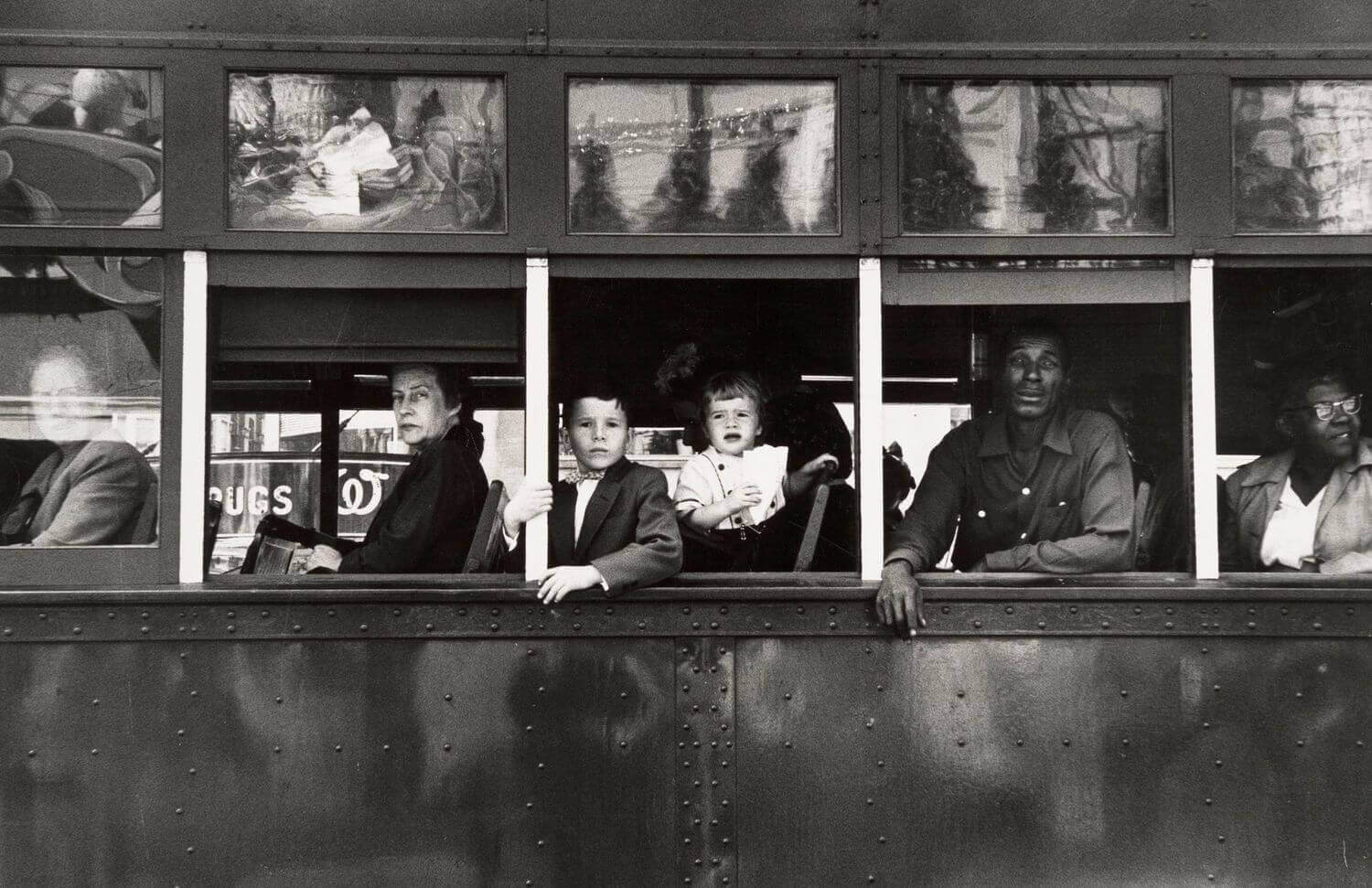
After returning in 1957 in New York Frank had difficulty at finding an American publisher. The Americans was first published in France in 1958 by Delpire as Les Américains. A year after its first and largely unnoticed 1958 publication it was released by Grove Press in the United States.
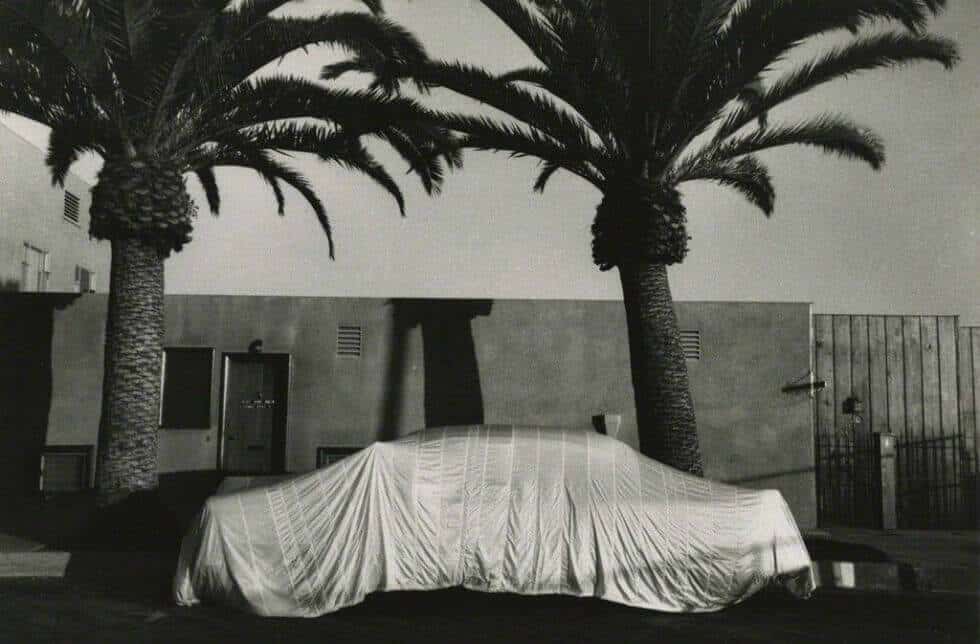
Robert Frank’s masterpiece has become so much the photobook of legend in its first American edition that is is often forgotten that Delpire’s original Paris edition was a different book. The layout of the American edition differed from the French edition. The text in the French edition written by serious writers such as, among others Simone de Beauvoir, Henry Miller and John Steinbeck was removed. An introduction by Jack Kerouac was added along with simple captions for the photos. Intention was to mirror the layout of Walker Evans’ American Photographs. A photographer and book admired by Frank.
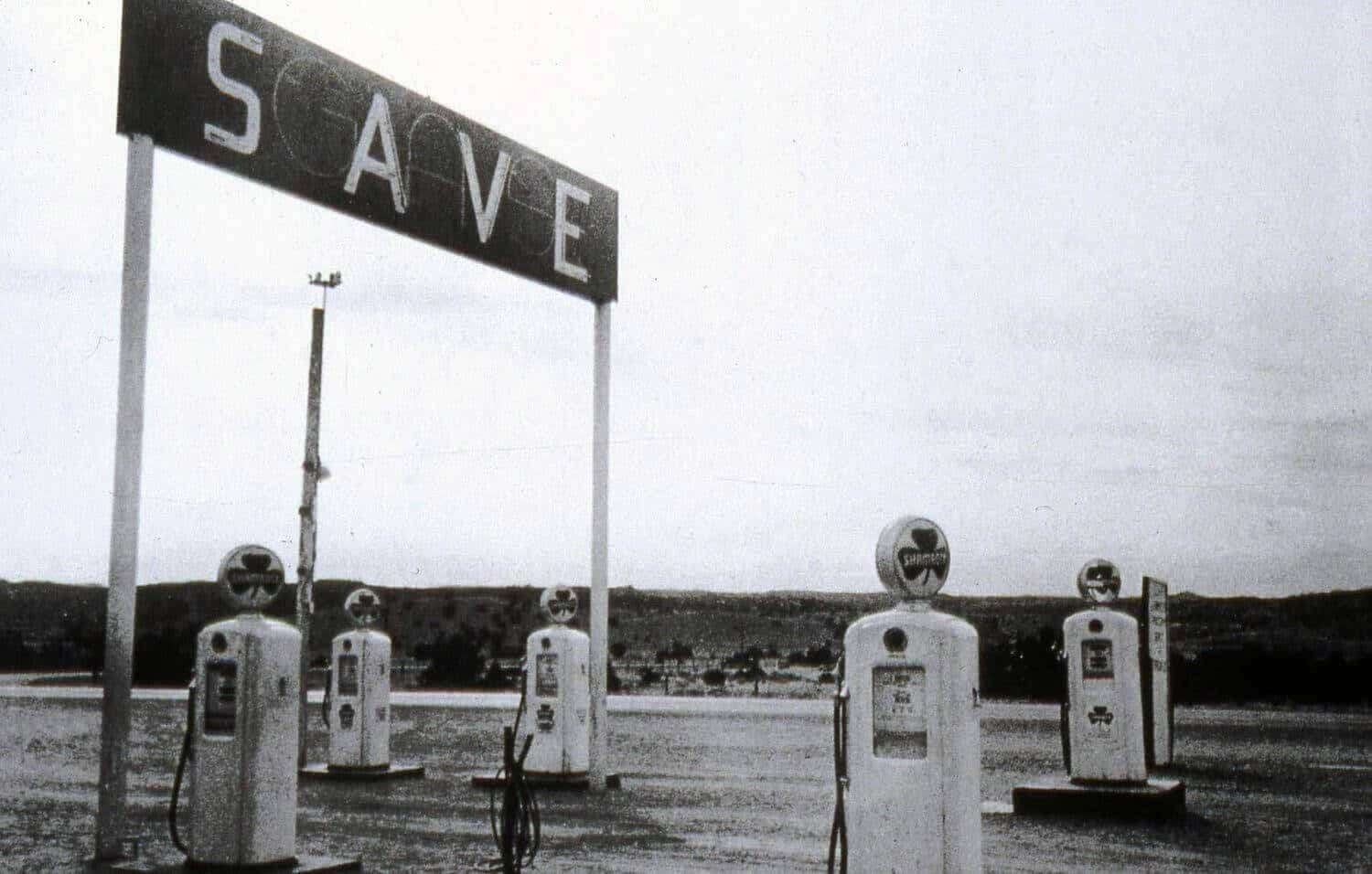
The book initially received harsh criticism in the United States. It was dismissed and even reviled as the pessimistic work of an unpatriotic cynic. Over time and through the inspiration of later artists The Americans became considered the best photobook of all time.
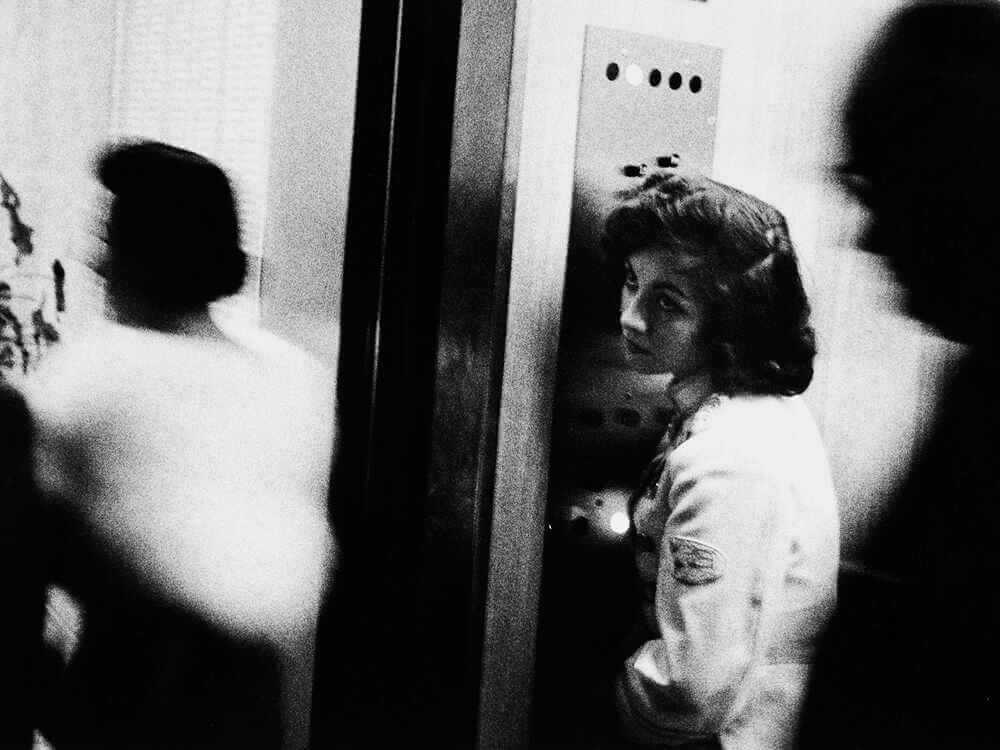
Why is this book the most renowned photobook of all ? Well, it’s all there. All the icons and symbols of American culture are in the pictures: the American flag, cars, jukeboxes, cowboys, moviestars, the drive-in movie, even the road. But they are not used to glorify the American lifestyle. Instead, Frank paints a more complicated picture of American society. One where only the happy few live a life of luxury. Made possible by a largely ignored working class excluded from the American Dream. Beneath that lies a feeling of admiration, compassion and disappointment, even sadness. Admiration for the Americans, compassion for the ones left out, disappointment and sadness because the promise is not lived up to. It is as Kerouac states in his introduction: “After seeing this pictures you end up finally not knowing any more whether a jukebox is sadder than a coffin.”
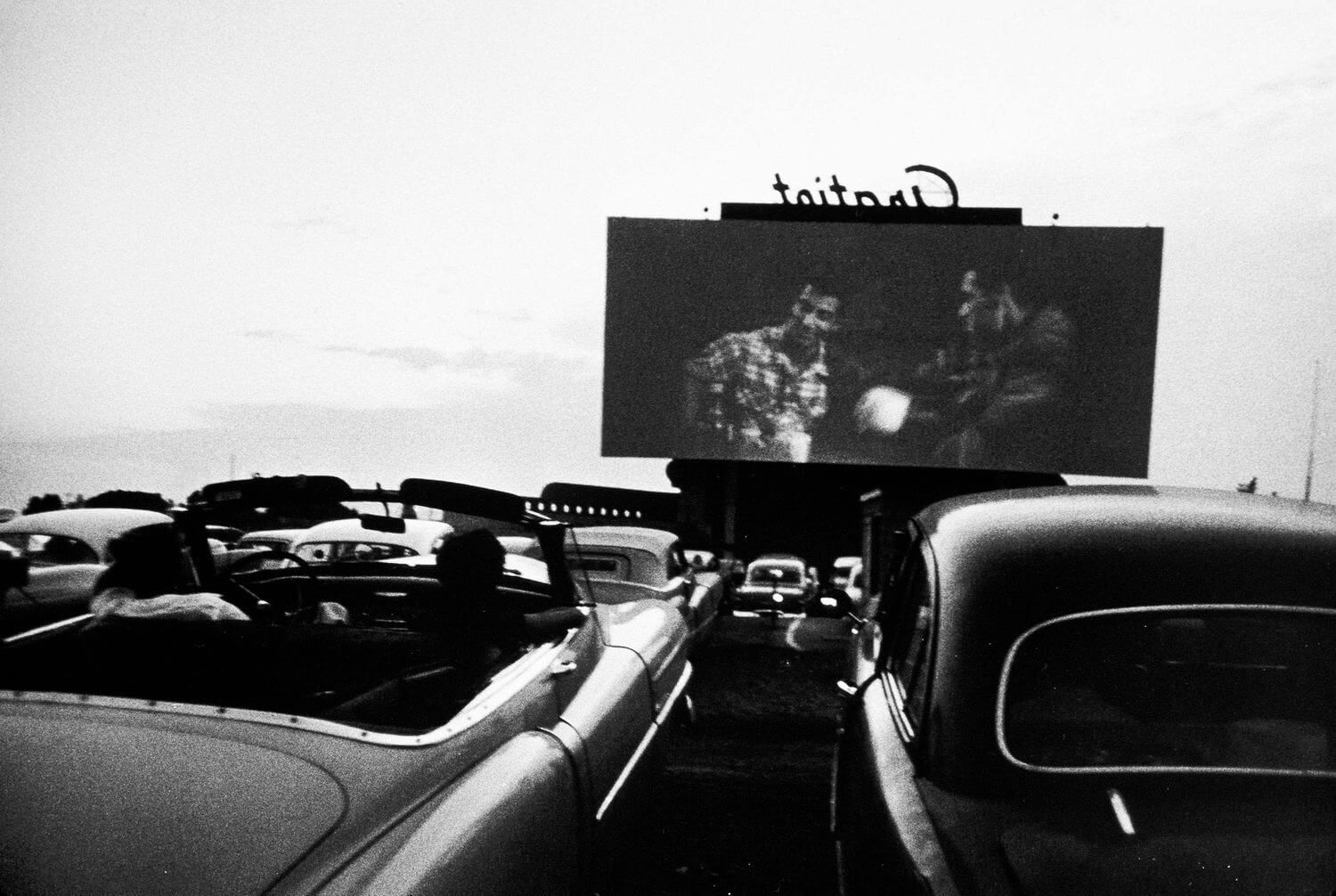
Also, the majority of the pictures are instantly memorable. And due to his unorthodox style of unusual focus, low lighting and cropping instantly recognizable as Franks. Than there is the sequencing giving the book an internal logic and flow making the book read like a poem.
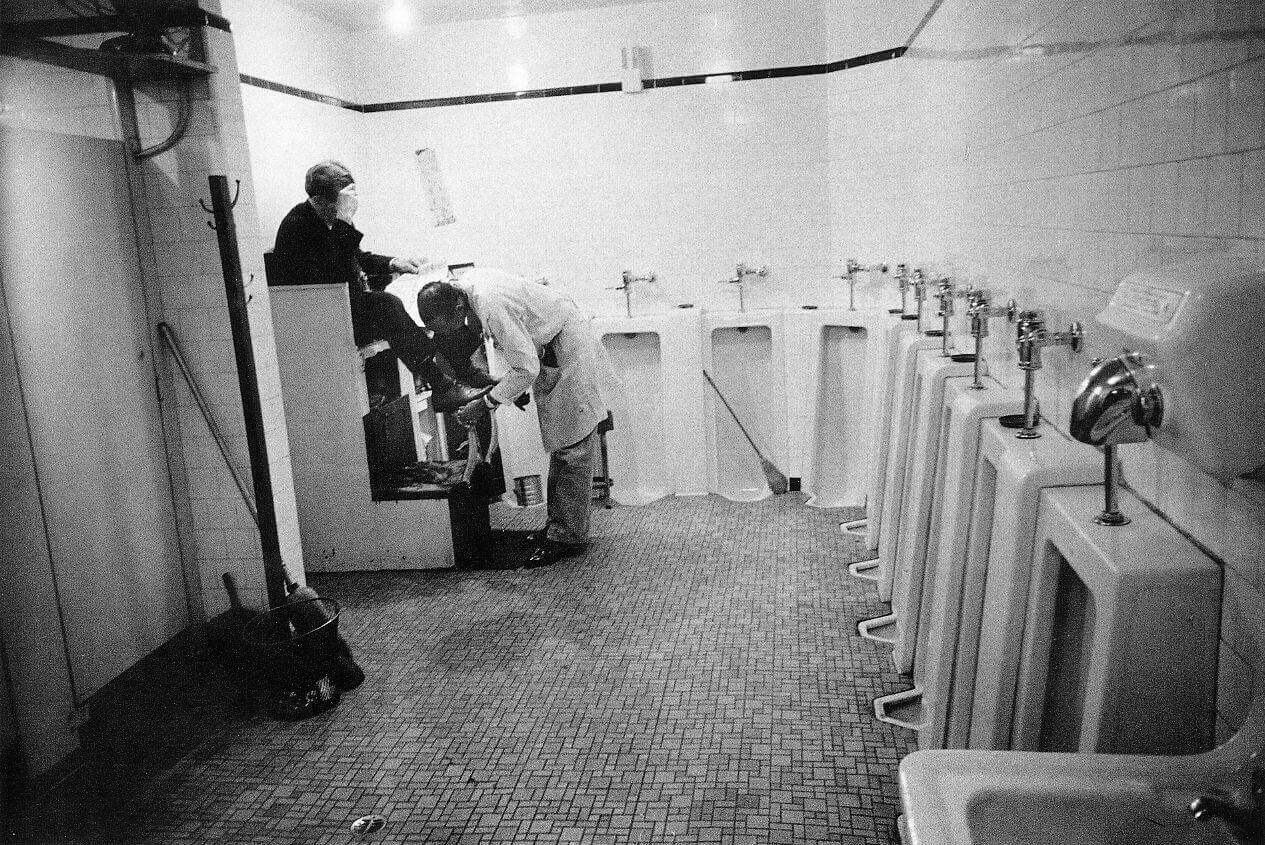
Frank photographed the gloss of American culture and wealth as well as the race and class differences. He looked beneath the surface of American life to reveal a people plagued by racism, ill-served by their politicians and rendered numb by a rapidly expanding culture of consumption.
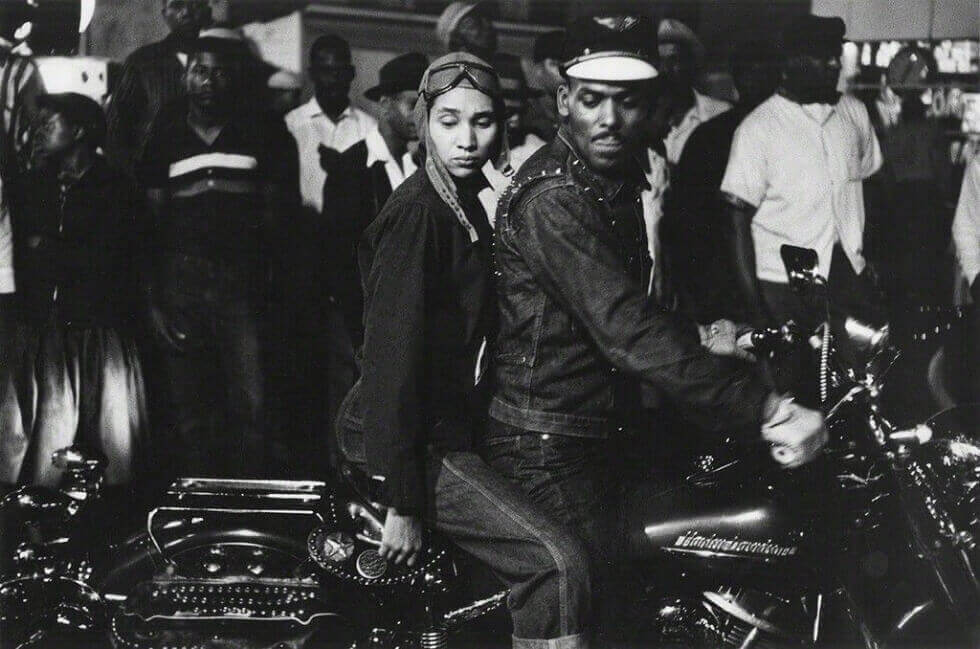
The Americans changed the face of photography in the documentary mode. Many memorable photobooks have followed.
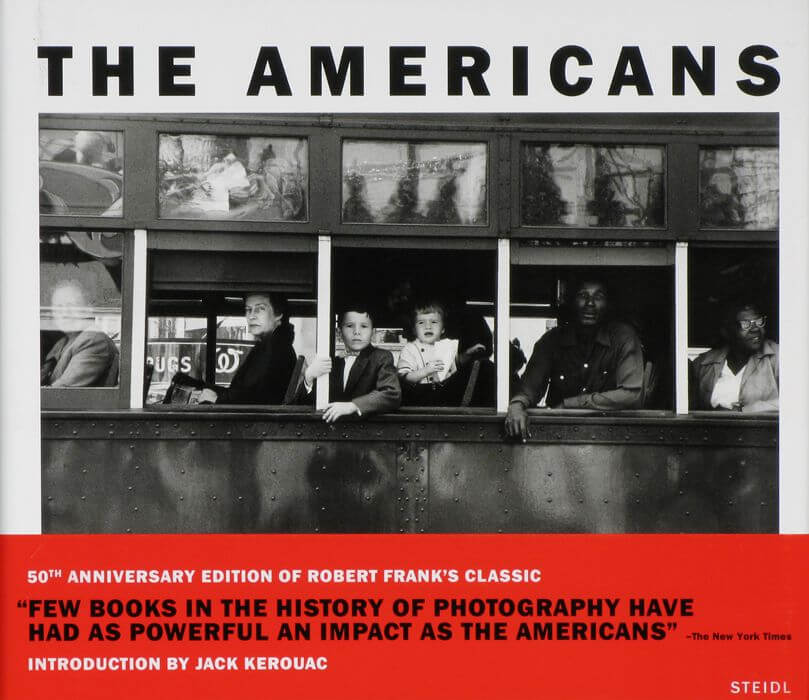
The Americans
Photographer: Robert Frank
Publisher: Steidl
First edition published in 1958 by Robert Delpire (French edition)
English edition published in 1959 by Grove Press
First Steidl edition published in 2008 (50th birthday edition)
Hardback, clothbound, 180 pages, 18,4 x 20,9 cm, 83 b&w photographs
Introduction by Jack Kerouac
Voted greatest photobook of All Time by Source Magazine
Mentioned in The Photobook: A History Volume 1, Martin Parr and Gerry Badger
